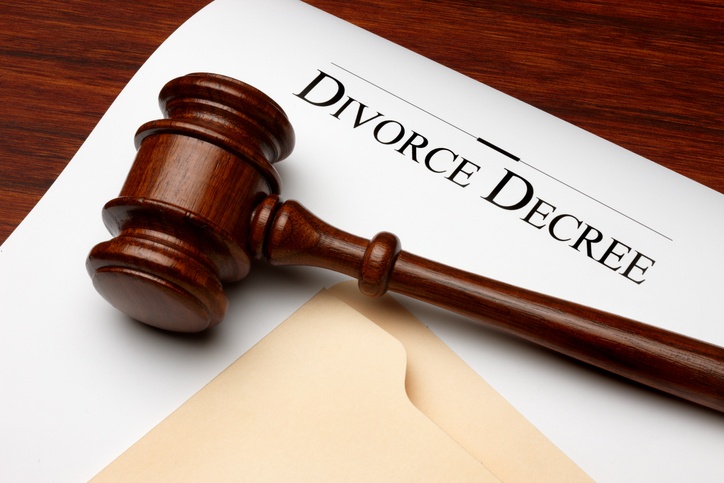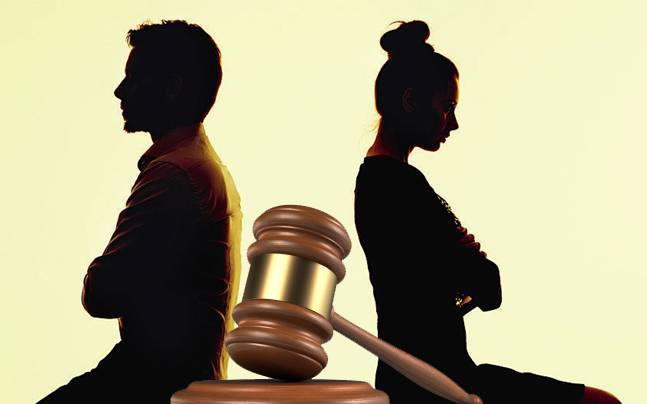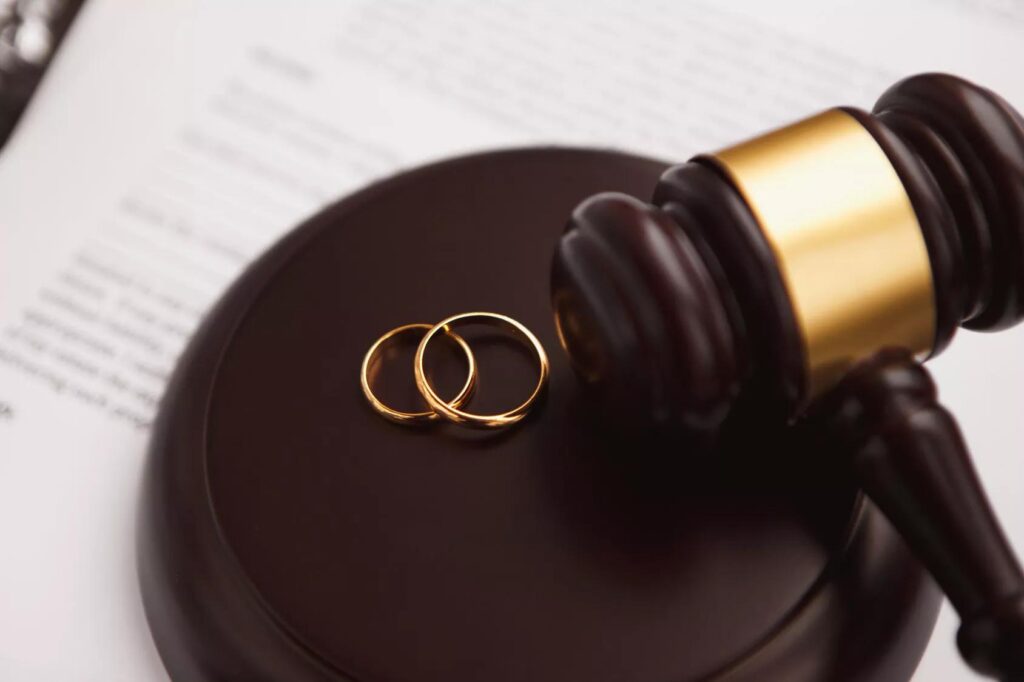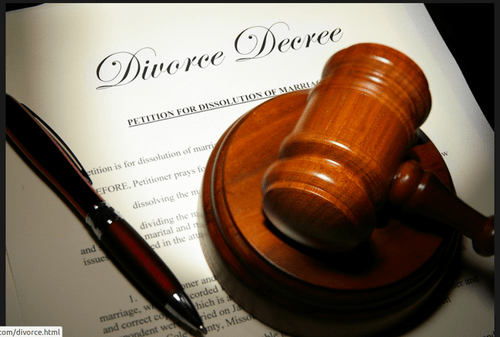All you need to know about divorce proceedings & how to apply for divorce in Delhi?
Divorce legally means dissolution of marriage. Divorce proceedings go in 2 ways: a) mutual divorce which takes 18/24 months and b) contested divorce which is a longer period & its takes 3 to 5 years under the Hindu marriage act, 1955. According to section 14, H.M.A divorce cases entertain by the court after 1 year of marriage but in some cases, the court may take cases earlier.

Contested divorce under section 13 Hindu marriage act, 1955 Ground common for both spouses to file a case is: -
- Adultery: Adultery means when one of the spouses cheats the other and has a relationship with someone else it is mentioned under section 497 IPC,1860 which is the ground for divorce now only.
- Cruelty: Cruelty means when either of them is tortured physically or mentally by others.
- Desertion: When one of the spouses abandons the other spouse and does not come back for 2 or more years.
- Conversion: When either of the spouses converted his/her religion into another which does not come in a definition of Hindu
- Insanity: When either of the spouses has any mental illness
- Incurable leprosy: Leprosy is a contagious and chronic disease that causes lesions on the skin and nerve damage.
- Presume death: Not heard of him/her for 7 or more than 7 years.

Ground exclusive for wife
- Pre-act polygamous marriage
- Rape, sodomy, or bestiality
- Non-resumption of cohabitation after decree/order of maintenance
- Repudiation of marriage
Procedure for a Contested Divorce
Firstly spouse(petitioner) advocates a draft of a petition clearly stating the facts and grounds for seeking a divorce then the spouse needs to file a case in his/her jurisdictional family court through his/her advocate with proper court fees.
If the court is satisfied it sends a notice or summon with a copy of the petition to the other party along with his/her advocate. At this stage, the court suggested mediation if mediation is failed the court continues the divorce proceeding.
Another side called in law respondent after receiving the petition respondent advocate prepare written statement to reply petitioner petition within 1 month after receiving the petition. On fix dates both parties appear with their advocate before the court and record their statement, cross-examine, submit their evidence and present their witnesses if there is any.
Counsel from both sides will present their final arguments. at last, the court will deliver the verdict and pass a divorce decree. The aggrieved party can appeal to the order passed within 3 months from the passing of such order.

Documents required for a Contested Divorce in India
- Petition duly affixed with passport size photograph of petitioner
- Supporting affidavit of petition (attested)
- Original marriage photograph
- Original marriage card
- Copy of Aadhar card/ identity card of the petitioner
- Residence proof of husband and wife
- Documents related to the financial status of husband and wife like income certificates, tax returns, etc.
- Marriage certificate
- Vakalatnama of the petitioner

Mutual consent divorce under section 13b Hindu marriage act, 1955
In a mutual divorce, both spouse mutually agrees and express their consent for peaceful separation. The husband and wife have to predetermine the issues relating to alimony and child custody if any. There are only two requirements for filing a mutual divorce, one is mutual consent and the other is that they have to live separately for at least one year.
Procedure for a mutual consent divorce
- A draft petition stating the reason for seeking a divorce through their counsel
- Both husband and wife live One year separately
- File joint petition through their counsel before the court
- court after the examination of the petition along with the documents will pass on the order for the recording of the statement on oath.
- First appearance
- Statement of parties recorded
- Six months cooling
- Second appearance
- Court grant decree

Documents required for a first motion petition
- Petition duly affixed with passport size photograph of both parties
- Supporting affidavit of the petition of both parties (attested)
- Original marriage photograph
- Original marriage card (if not available then attested affidavit of both parties in this regard)
- Copy of Aadhar card/ identity card of both parties
- Proof to show that mediation was unsuccessful and the parties couldn’t be reconciled.
- Evidence to show that husband and wife have been living separately for more than one year
- Vakalatnama of both parties
Documents required for a second motion petition
- Petition duly affixed with passport size photograph of both parties
- Supporting affidavit of the petition of both parties (attested)
- Waiver application for six months (if required)
- Original marriage photograph
- Original marriage card (if not available then attested affidavit of both parties in this regard)
- Copy of Aadhar card/ identity card of both parties
- Certified copy of the order and the joint statement of the first motion
- Proof to show that mediation was unsuccessful and the parties couldn’t be reconciled.
- Evidence to show that husband and wife have been living separately for more than one year.
- Vakalatnama of both parties

Divorce petitions were to be filed
According to section 19 H.M.A, 1955 the divorce petition presented to the District Court within the local limits of whose ordinary original civil jurisdiction are: –
- Where marriage was solemnized
- Where the parties to the marriage last resided together.
- Where parties’ lives or place of work.
Living separately within the territory of the Act
The husband can file the petition in any three of the following District Court within the local limits were
- The Marriage was solemnized
- The parties last resided together.
- The Respondent resides

Conclusion
If the spouse feels that it is difficult to cohabit and live together with his or her spouse and takes the decision to terminate the marriage, because his or her partner committed the act mentioned above, they file a divorce petition u/s 13 H.M.A, 1955 through their advocate and proceed the cases same as mentioned above.

